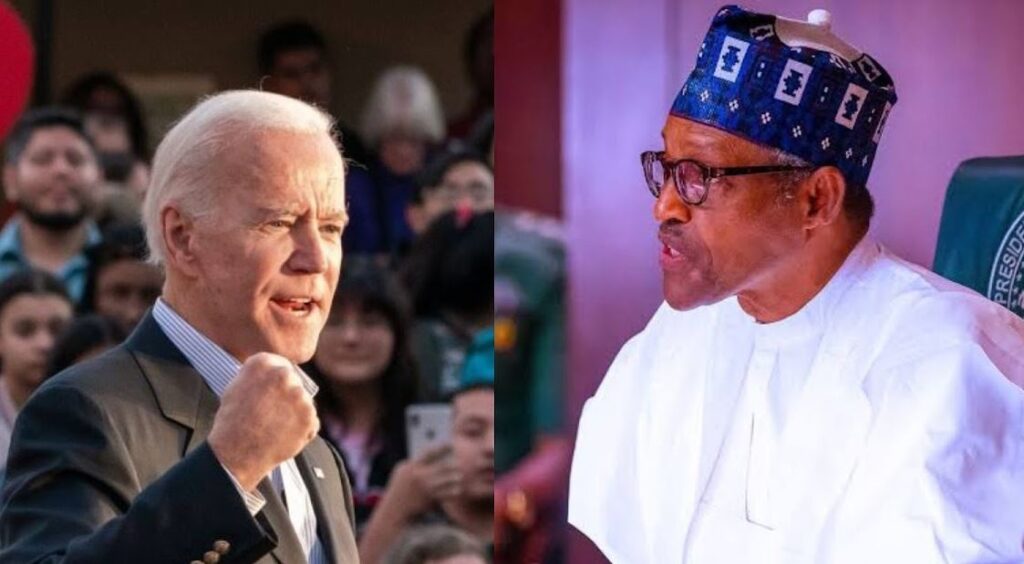The U.S. government has approved the sale of attack aircraft and other military equipment worth $997 million to Nigeria for use in fighting terrorists in the country.
The approval comes months after US initially reported to have denied Nigeria’s request over human rights concerns.
The acquisition of the military equipment comes less than a year after the U.S. government supplied the country with 12 units of super Tucano aircraft.
A statement by the U.S. Defense Security Cooperation Agency on April 14, 2022, listed the equipment to include 12 AH-1Z Attack Helicopters; twenty-eight (28) T-700 GE 401C engines (24 installed, 4 spares); and two thousand (2,000) Advanced Precision Kill Weapon System (APKWS) guidance sections.
Read also:
- 6 Super Tucano Aircraft Arrive Nigeria- Airforce
- We spent ECA on buying Super Tucano Jets , Military Equipment- Ahmed
- Insurgency: NAF wants quick delivery of A-29 Super Tucano aircraft
Others: Night Vision Cueing Display (NVCD); commercial variant GPS with Standard Positioning Service (SPS), and communication equipment.
The equipment are electronic warfare systems; AN/AVS-9 Aviator’s Night Vision Imaging System; M197 20mm machine gun; Target Sight System (TSS); support equipment; spare engine containers; spare and repair parts; tools and test equipment; technical data and publication.
The statement said the sum to be paid by Nigeria also covers the training of personnel in handling the equipment.
“This proposed sale will support the foreign policy goals and national security objectives of the United States by improving the security of a strategic partner in Sub-Saharan Africa.
“The proposed sale will better equip Nigeria to contribute to shared security objectives, promote regional stability and build interoperability with the U.S. and other Western partners.
“This sale will be a major contribution to U.S. and Nigerian security goals. Nigeria will have no difficulty absorbing the equipment and services into its armed force,” the statement reads.
On training of Nigerian officials for the maintenance of the equipment, the U.S. stated that this would be for five years and would require approximately three contractor support representatives to reside in Nigeria for a period of two years.

